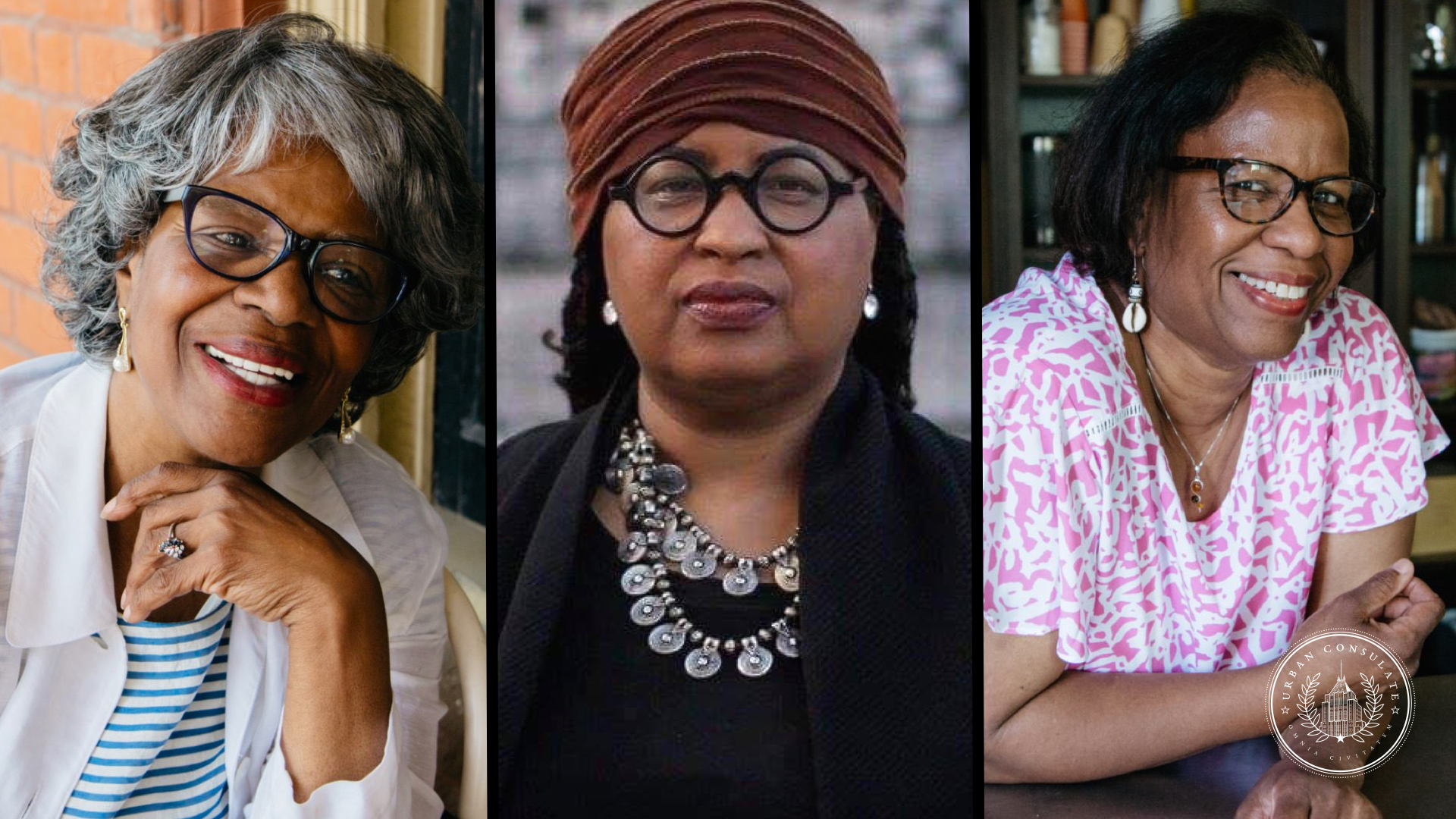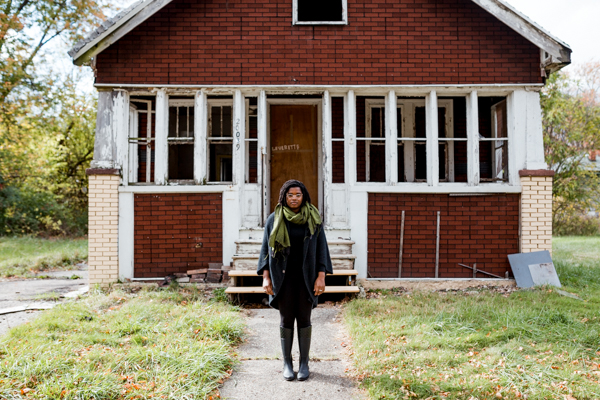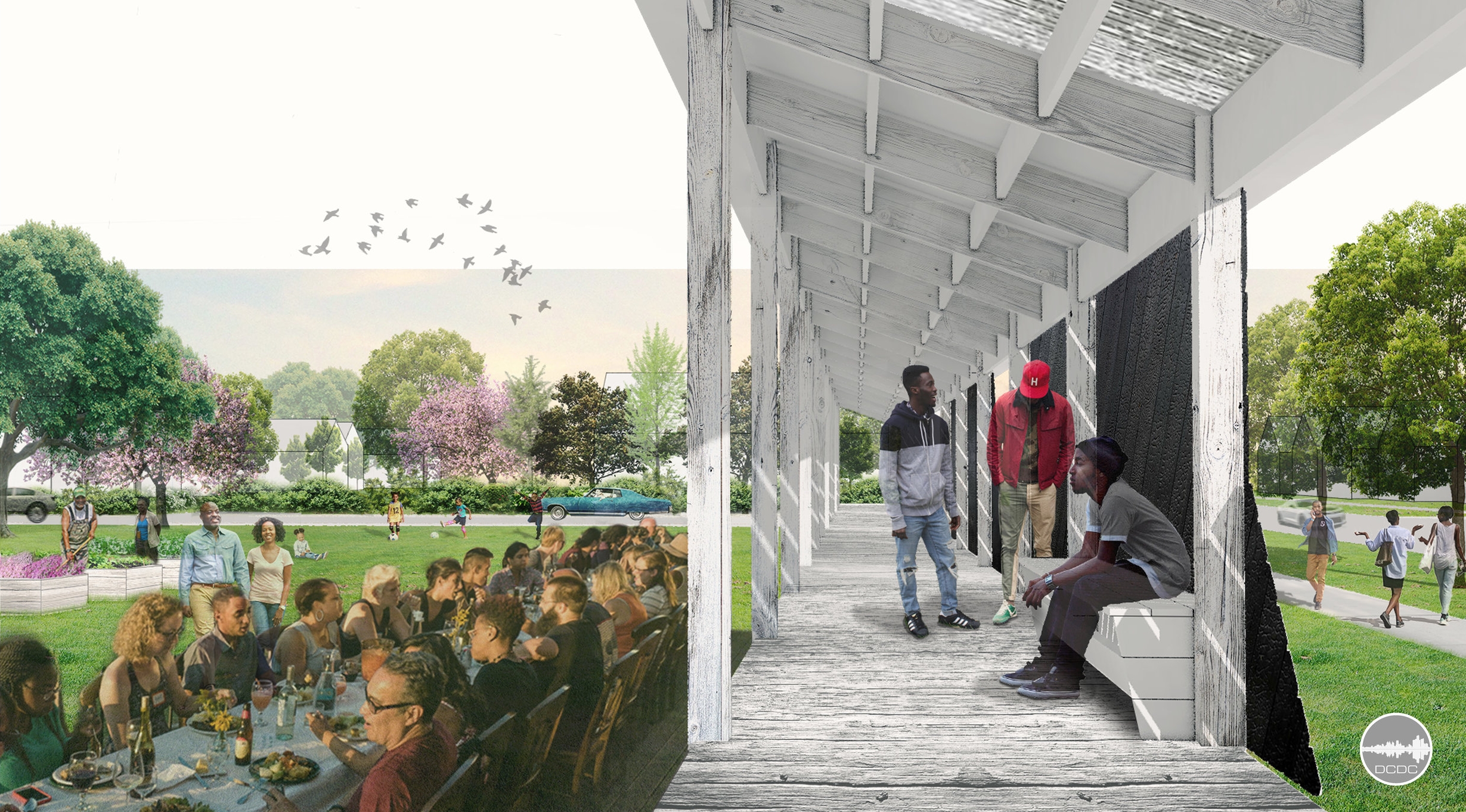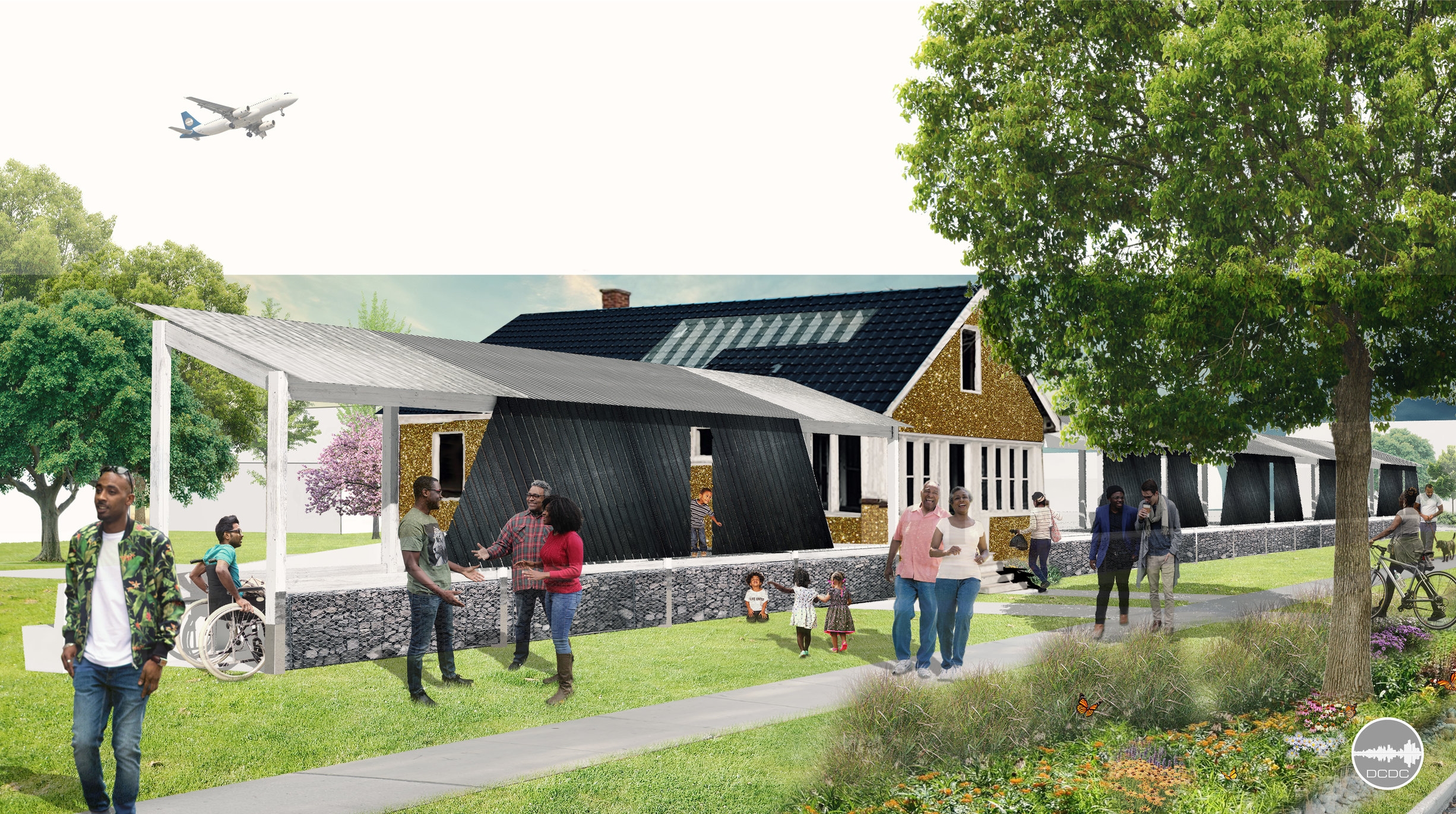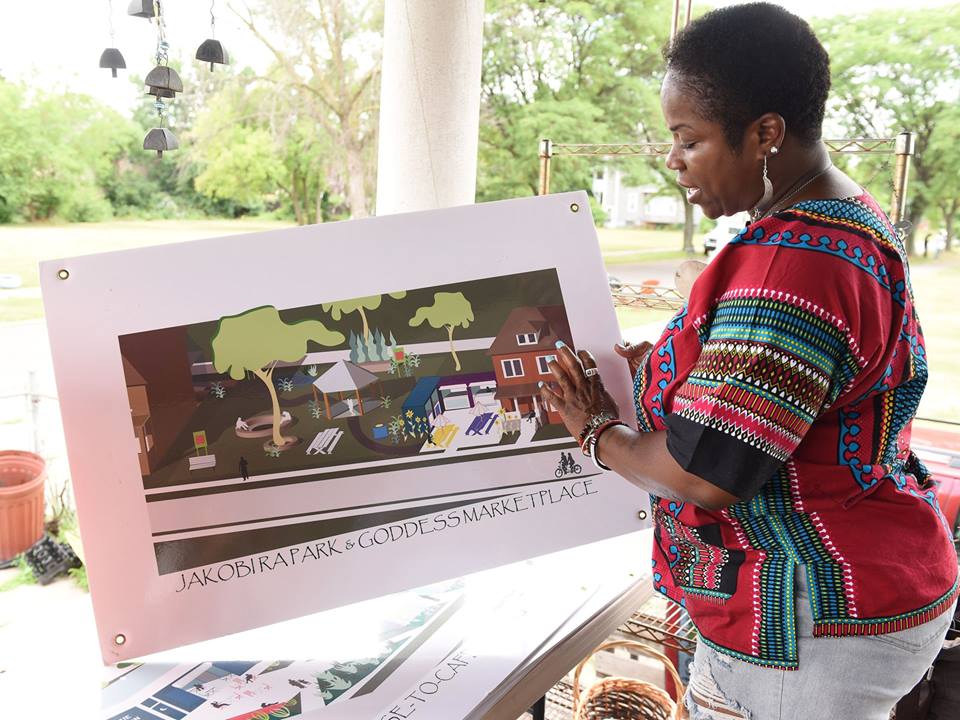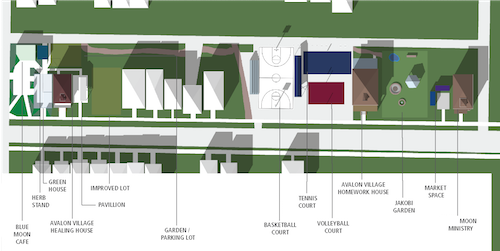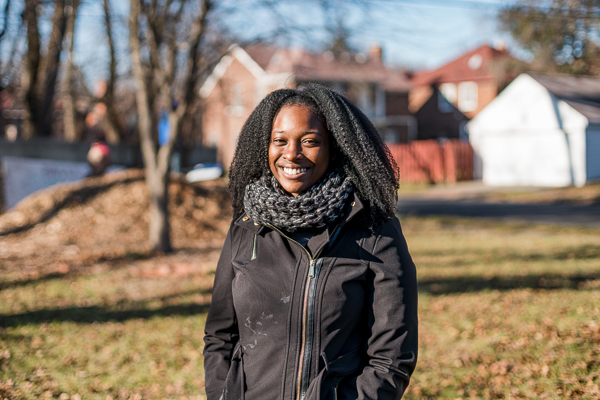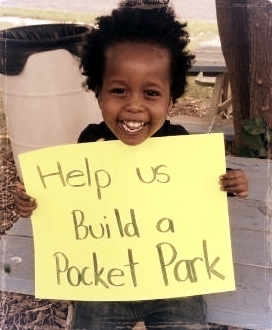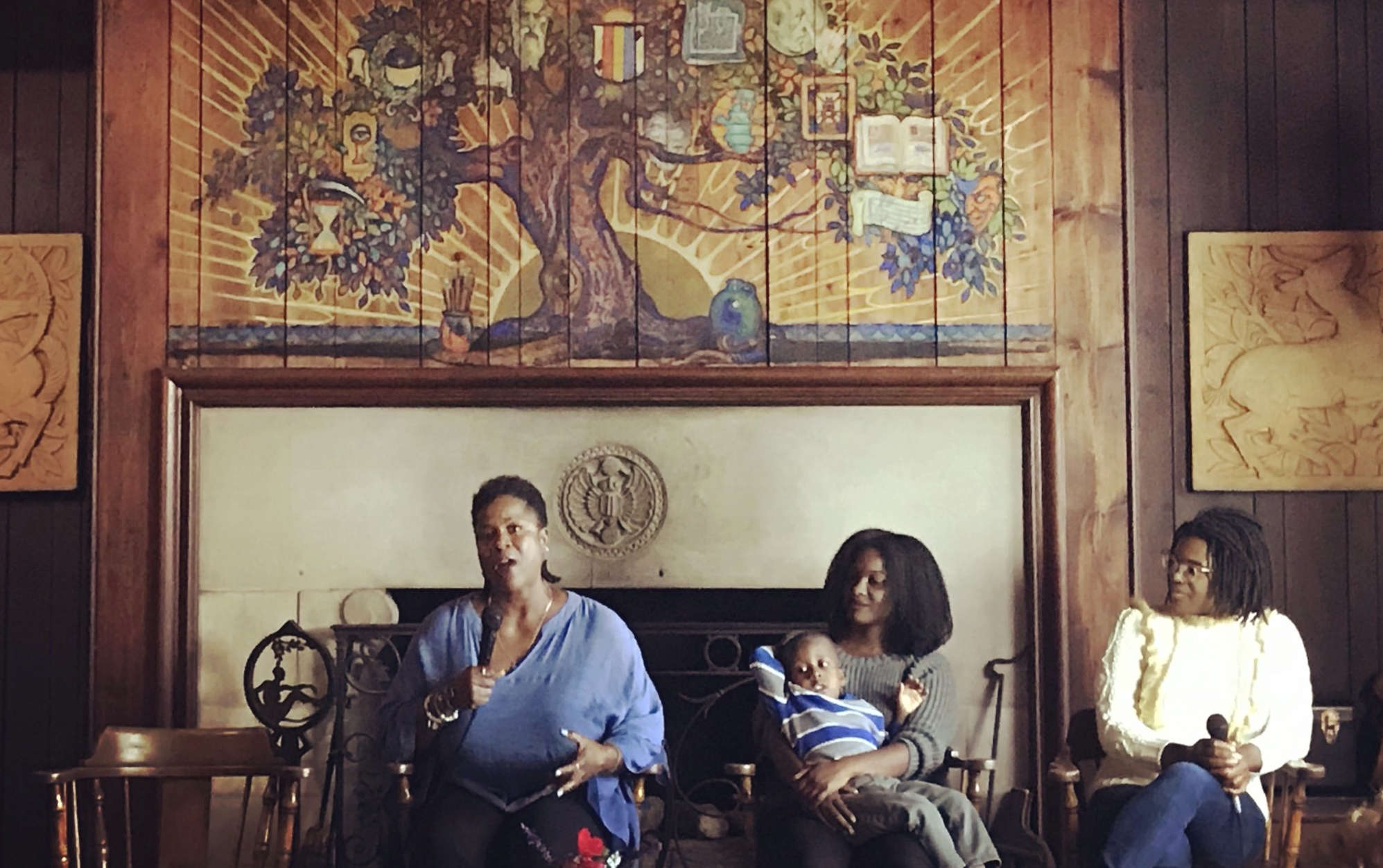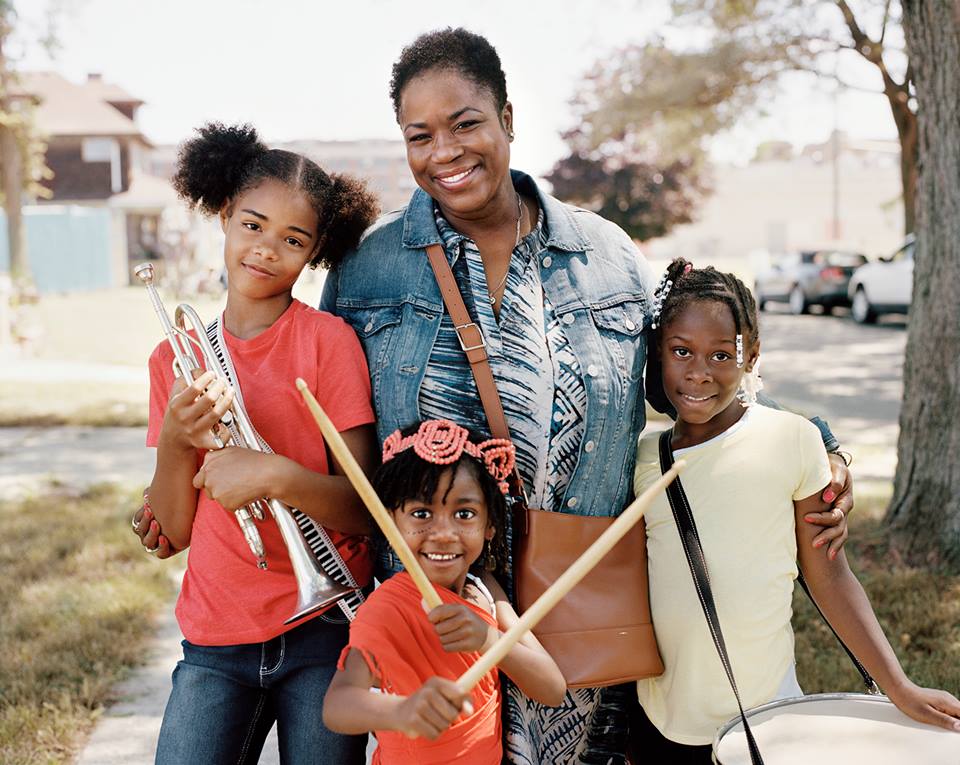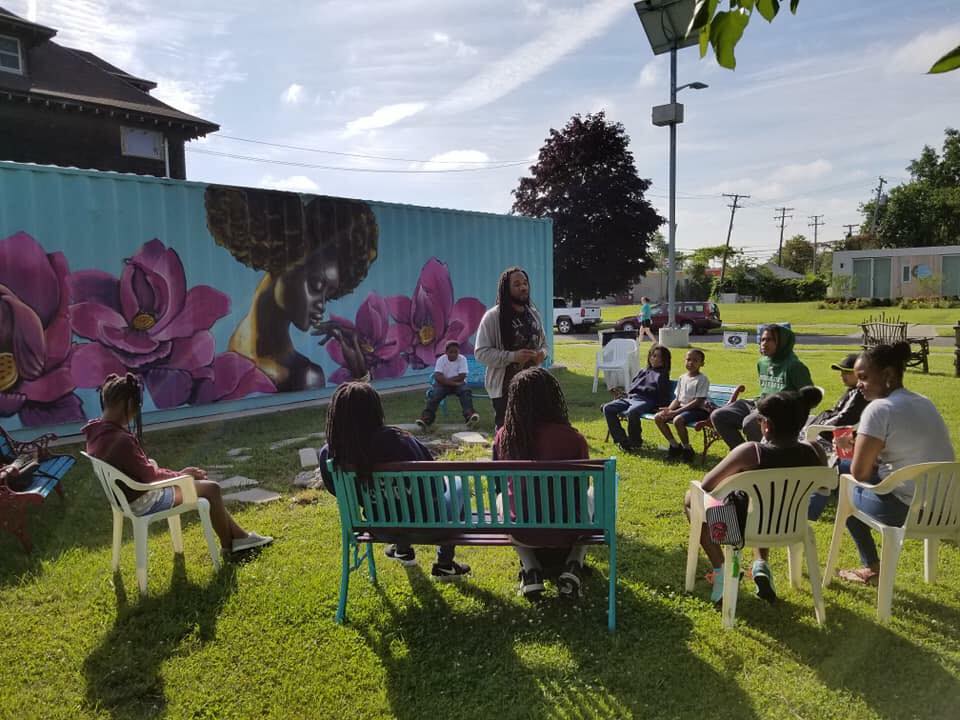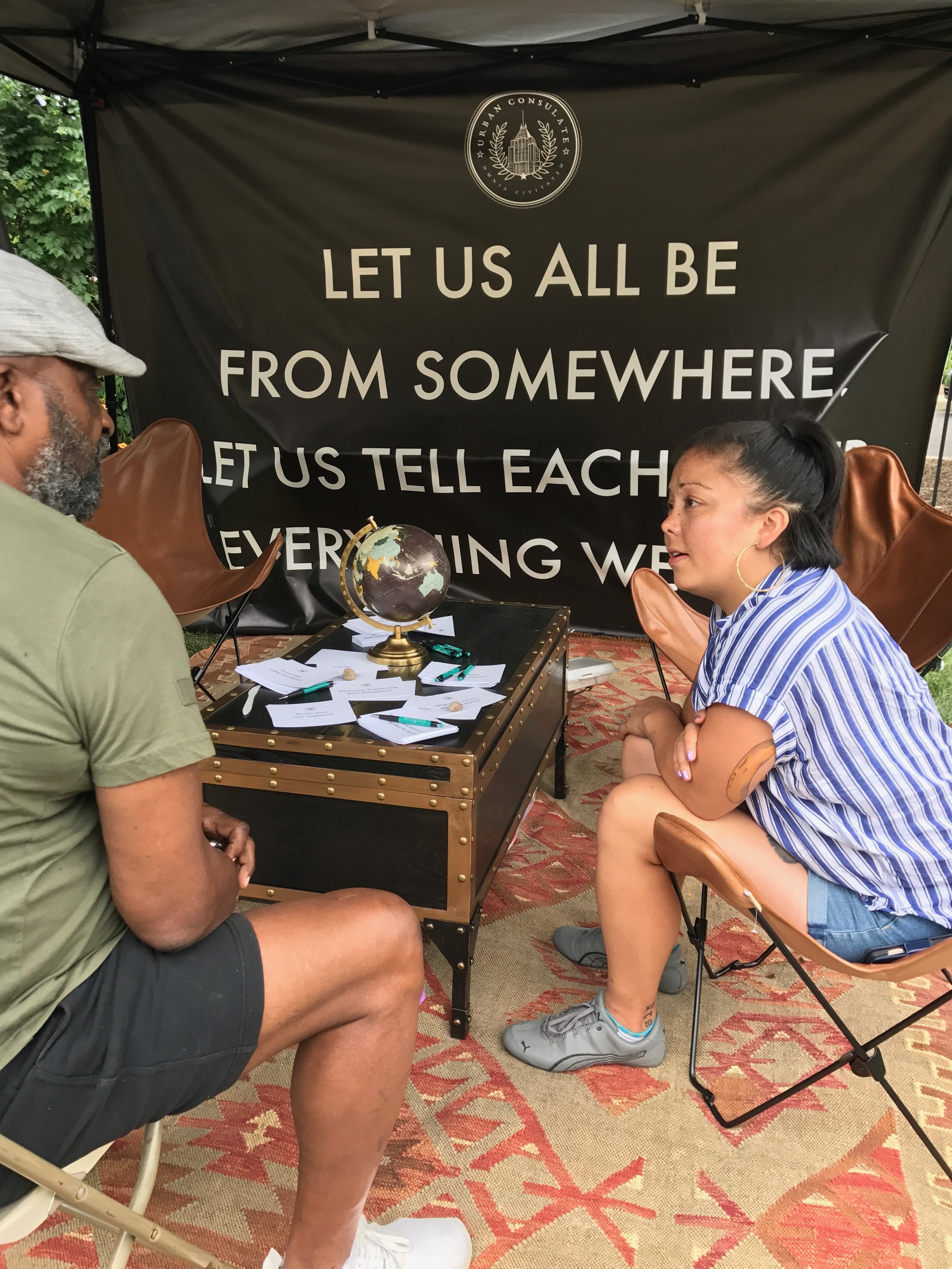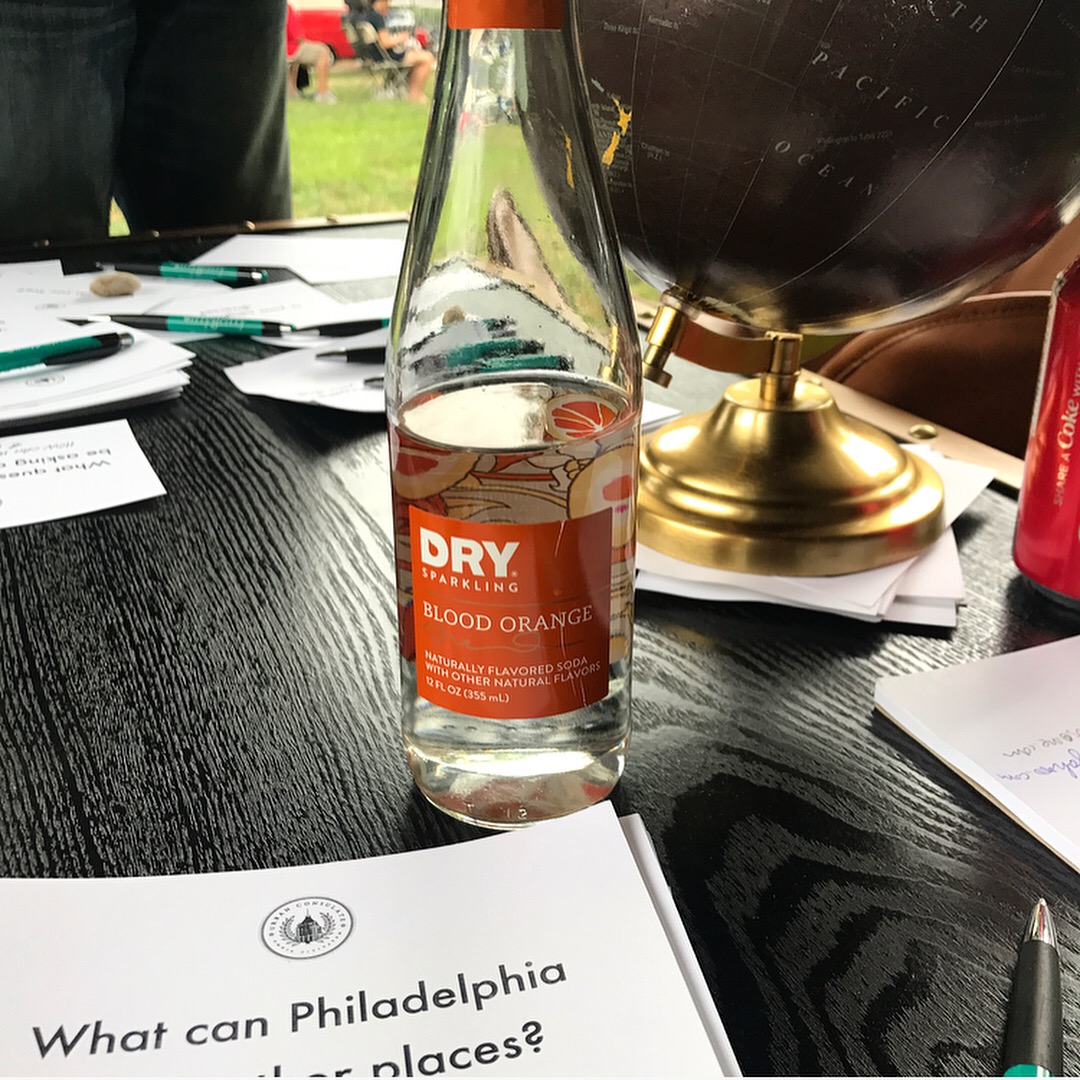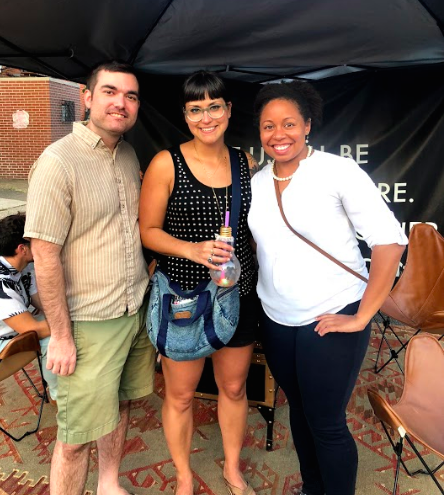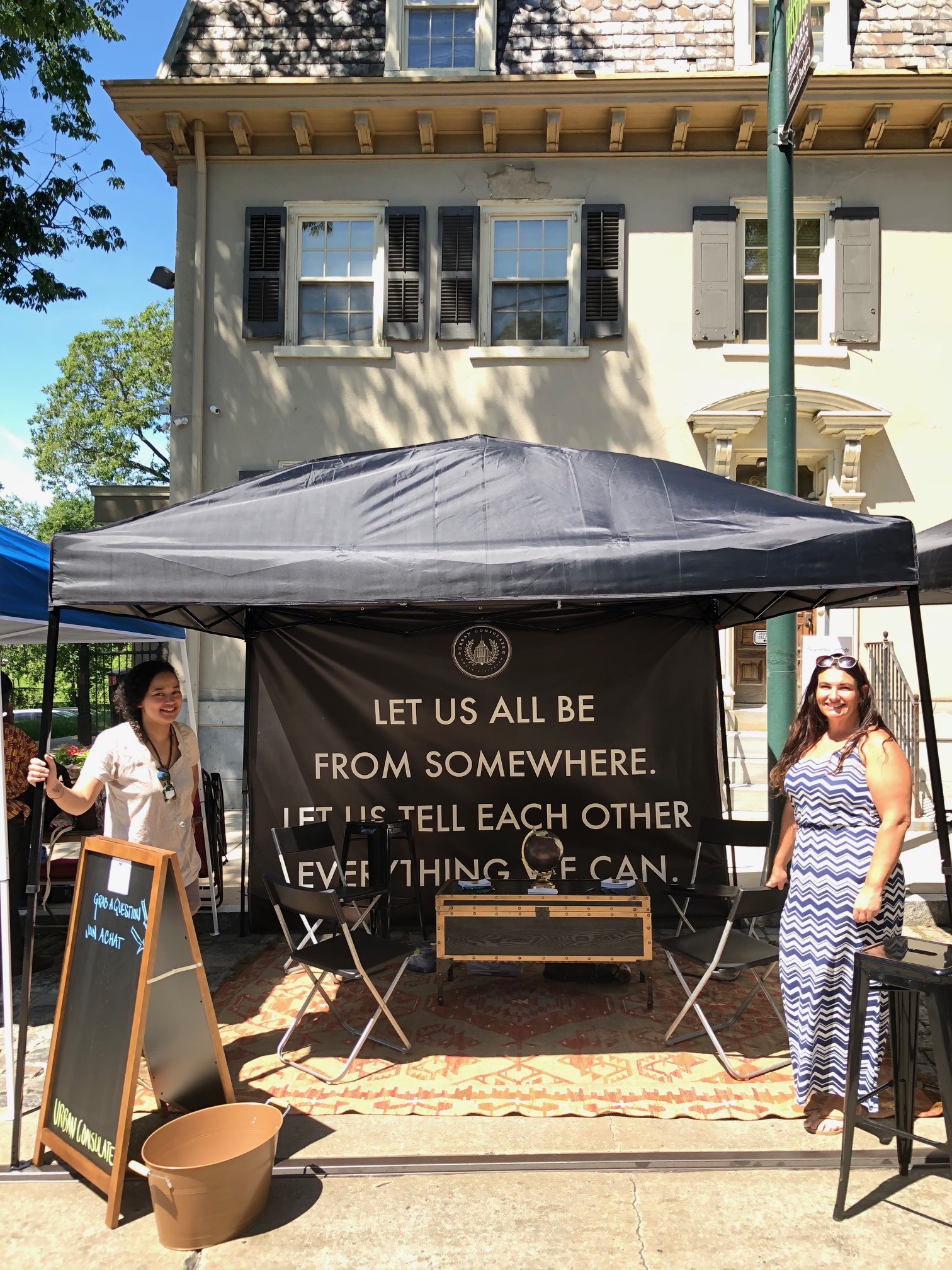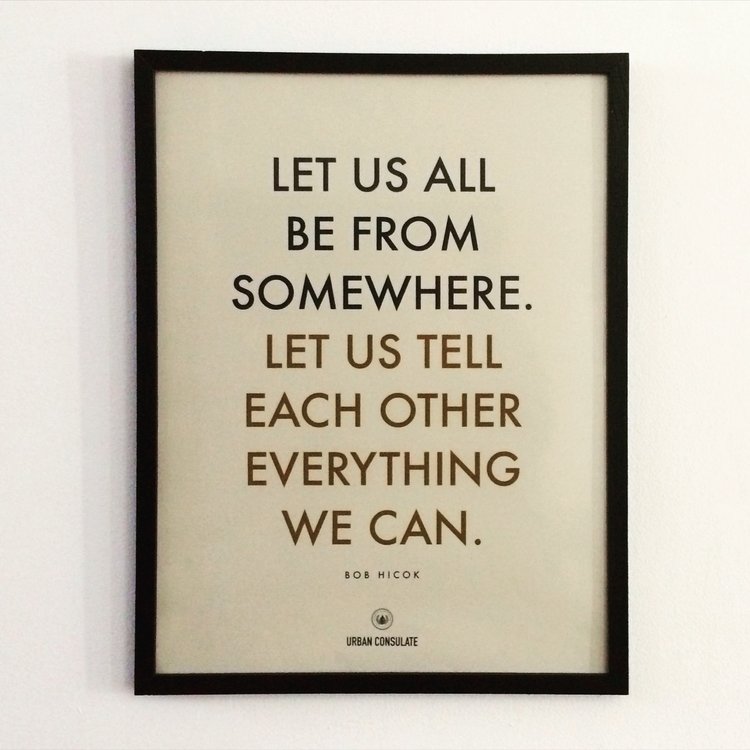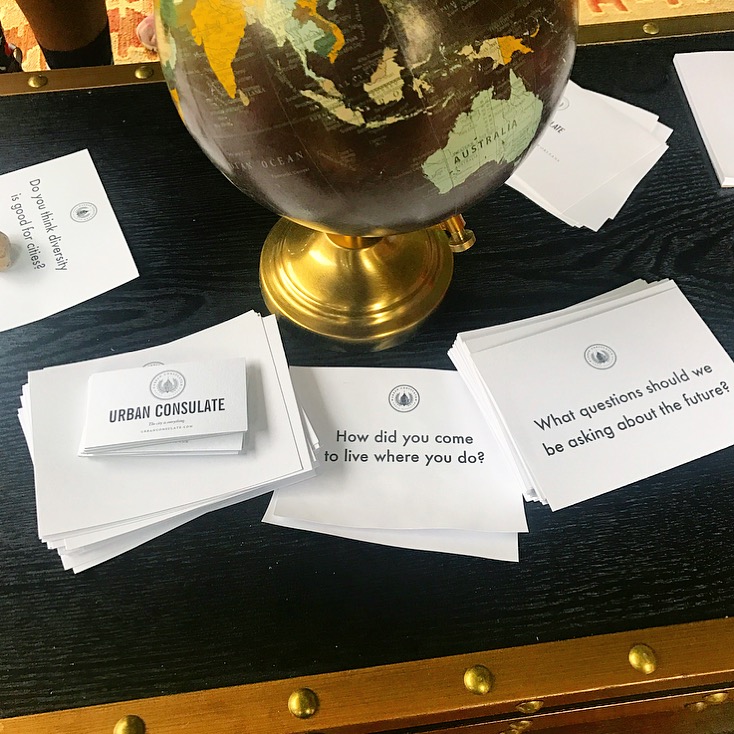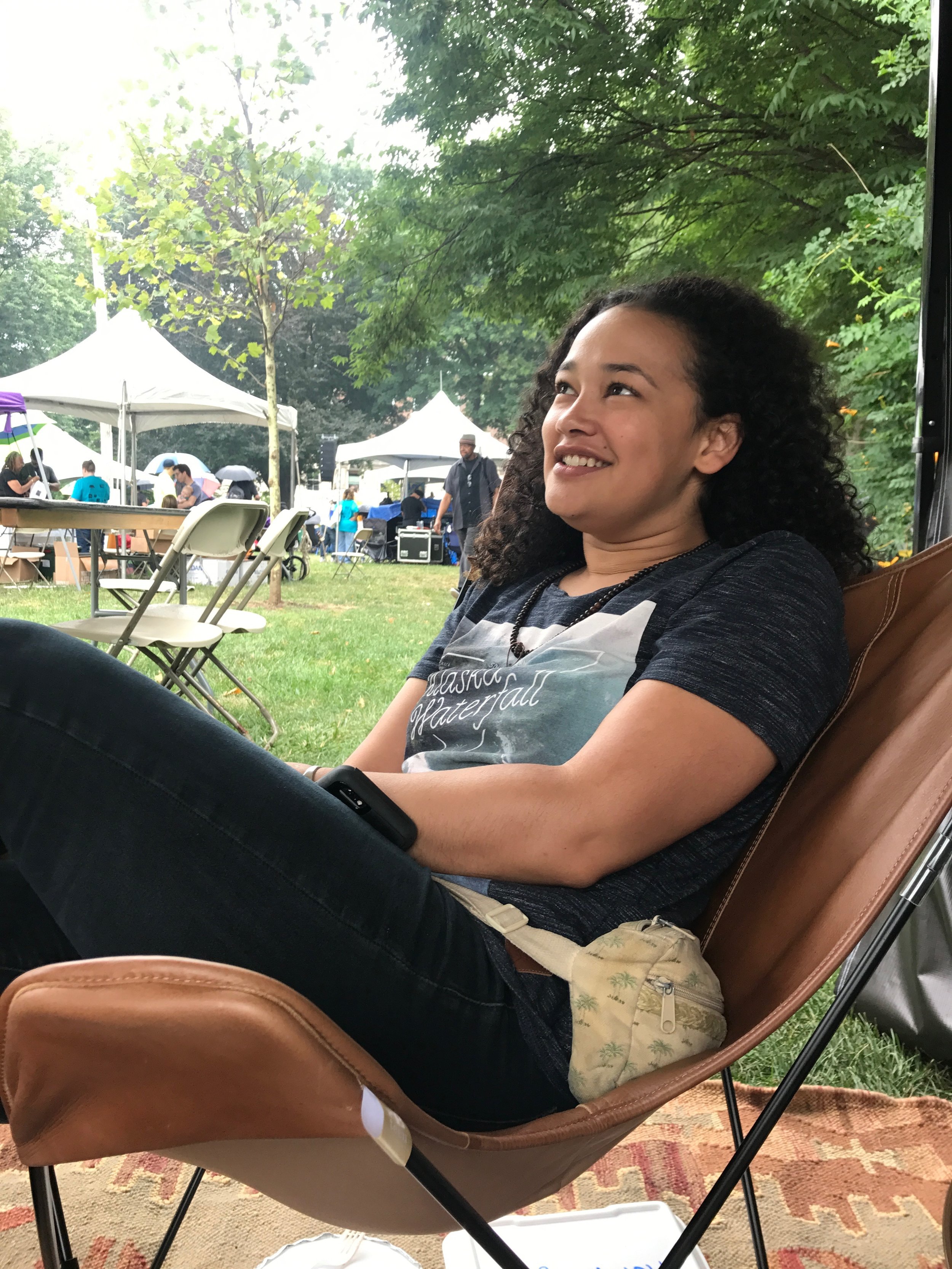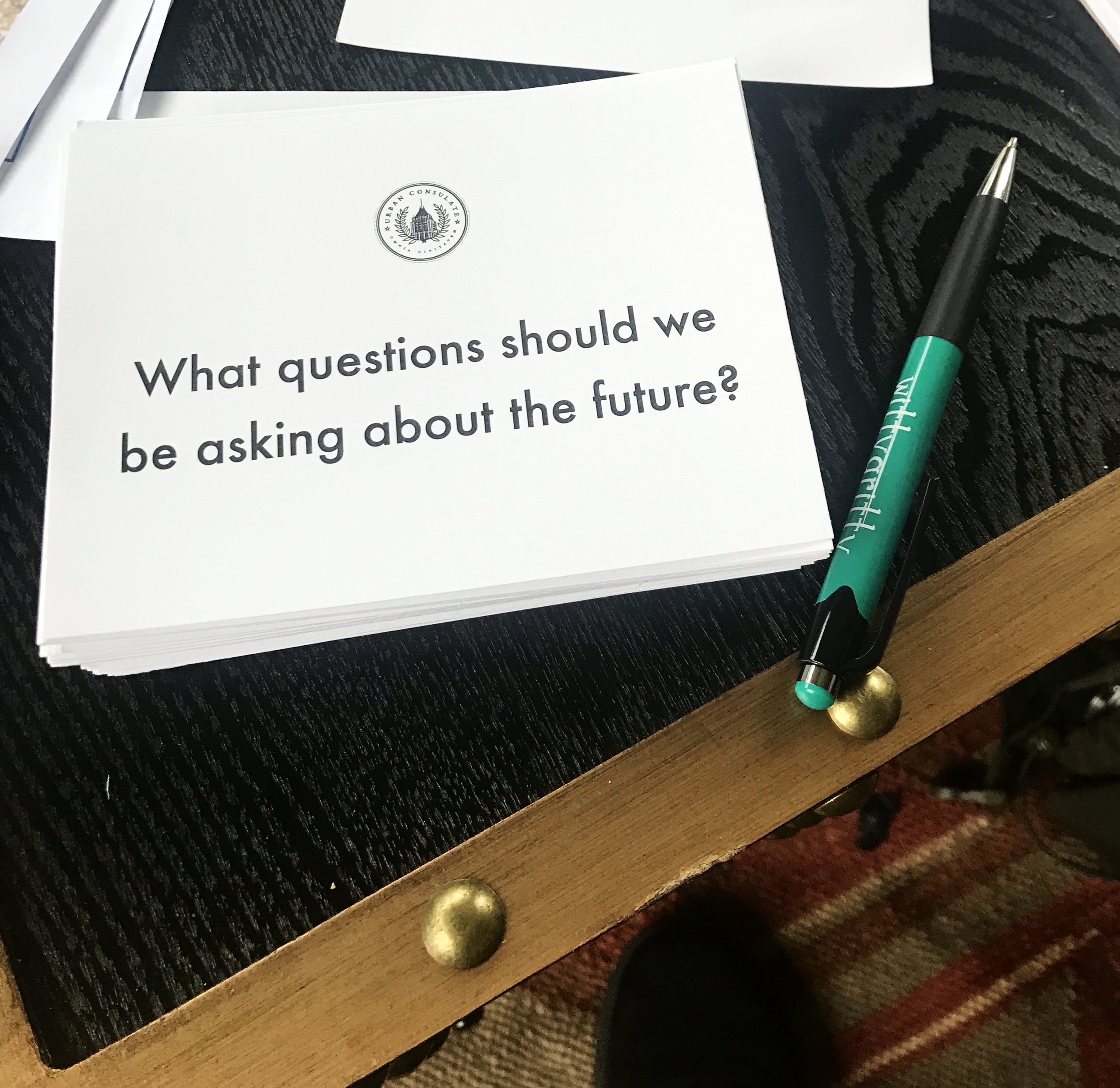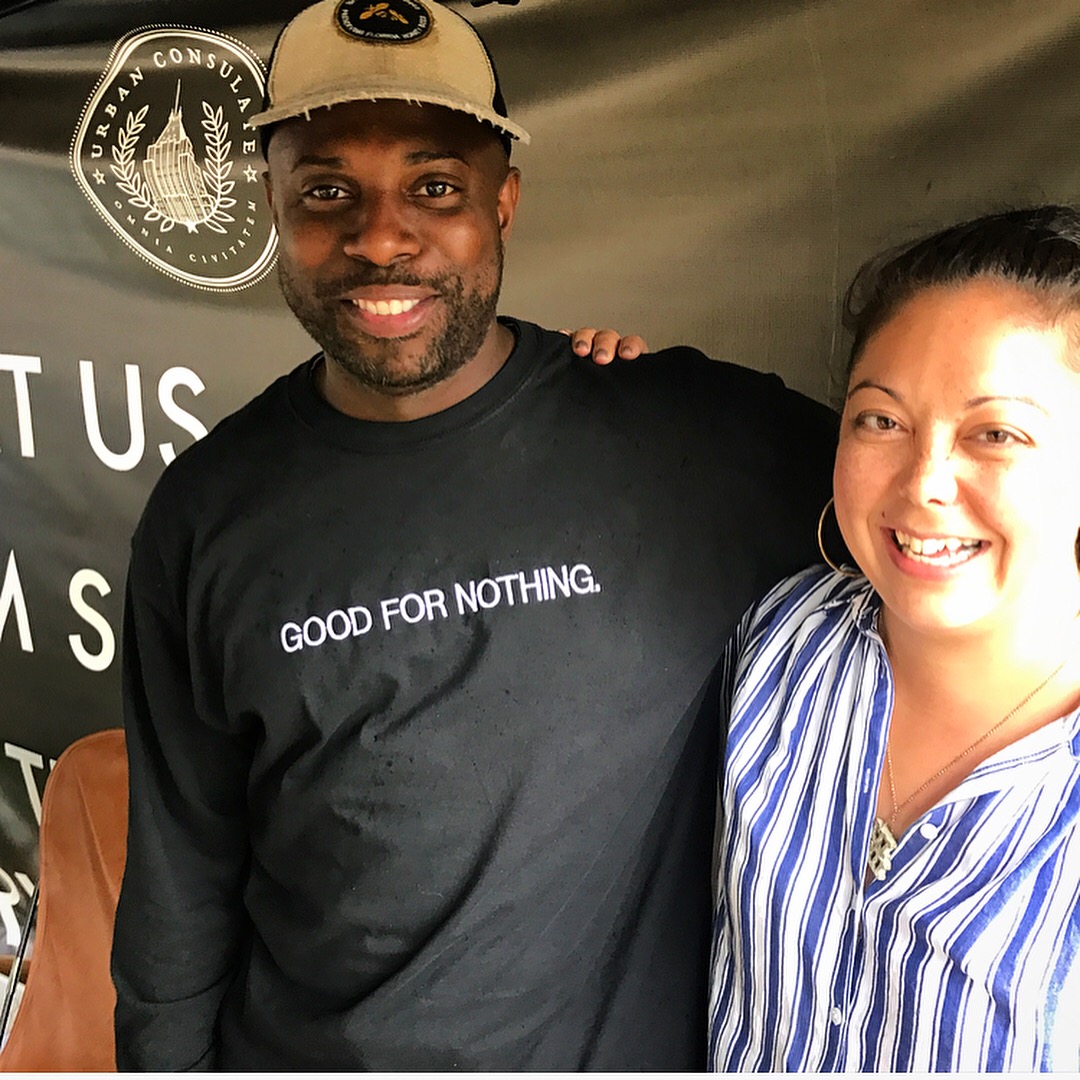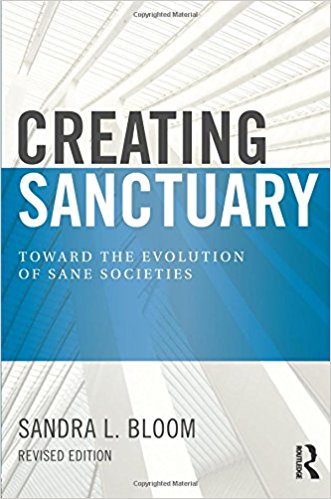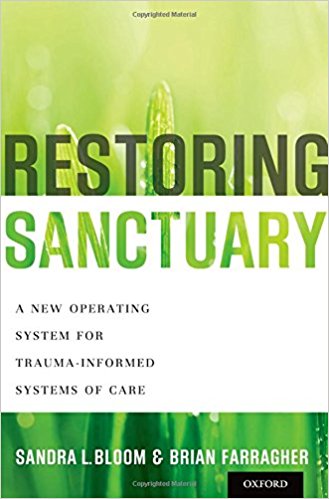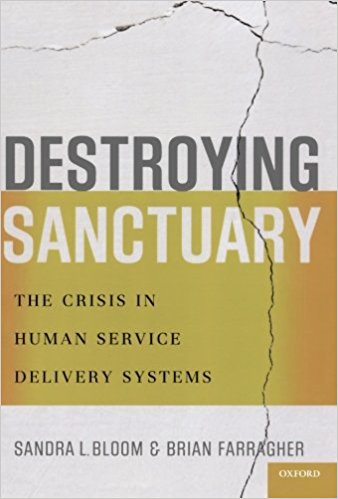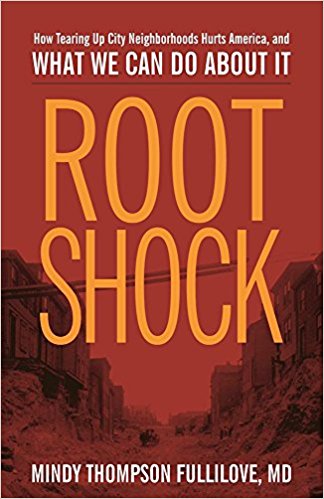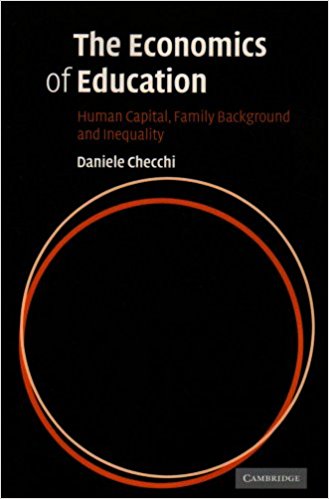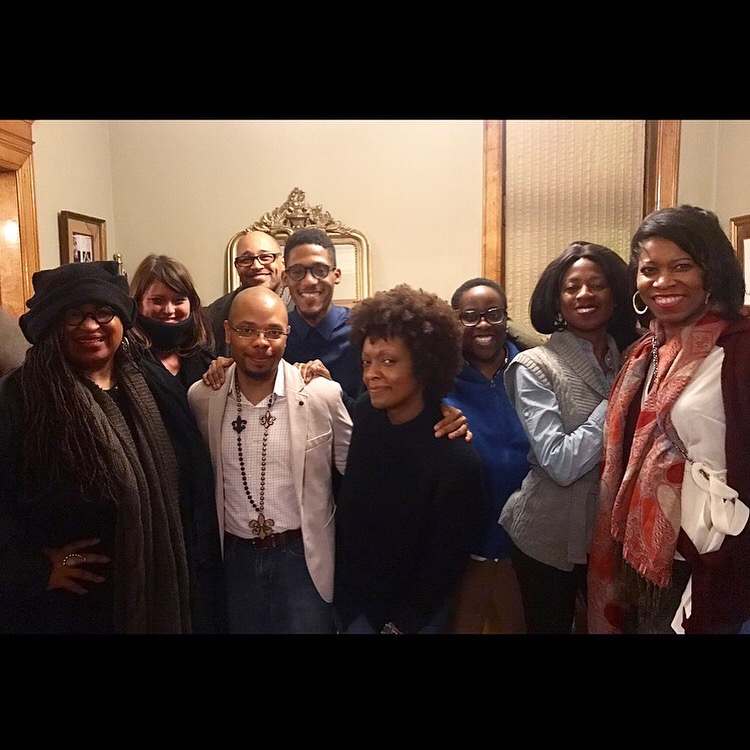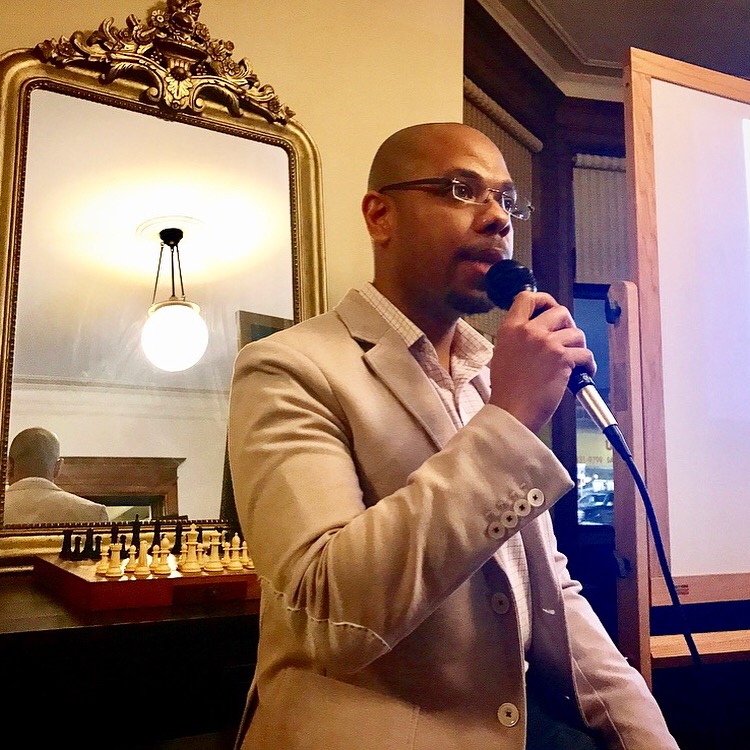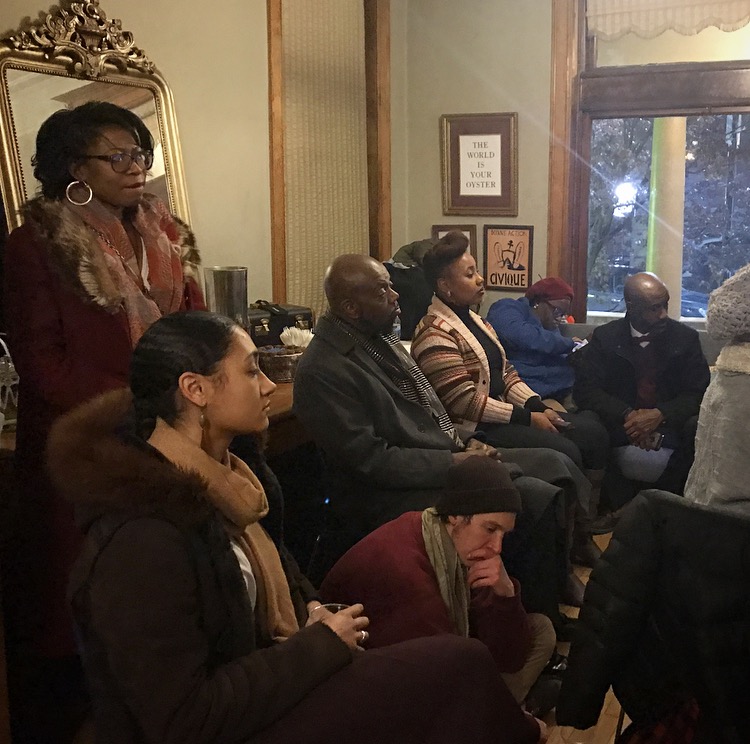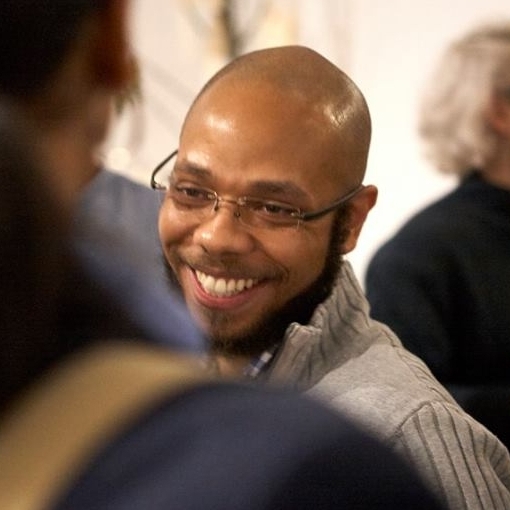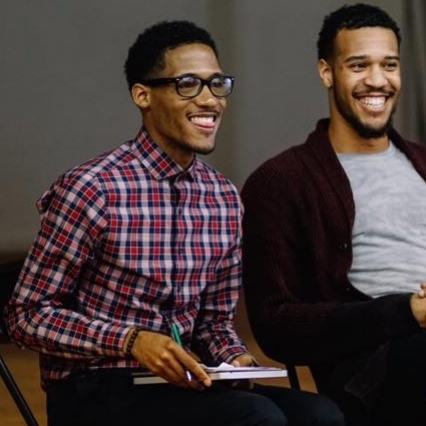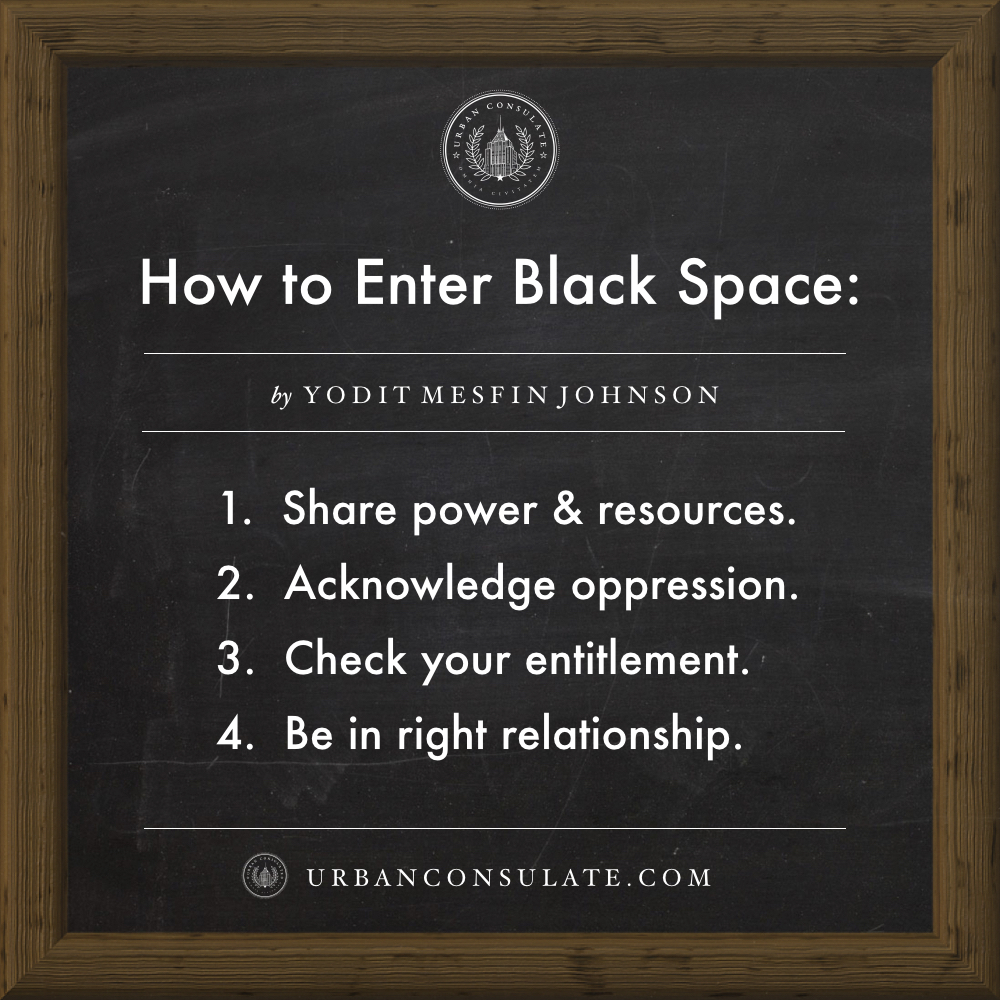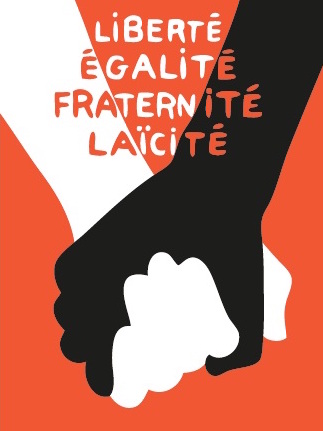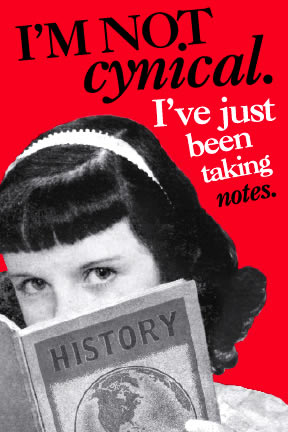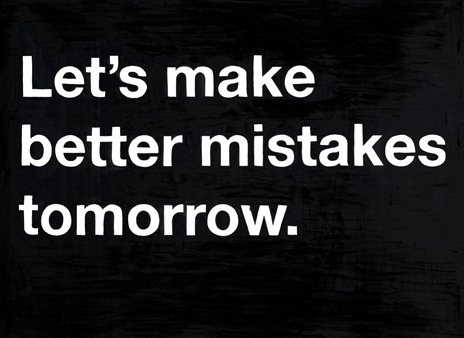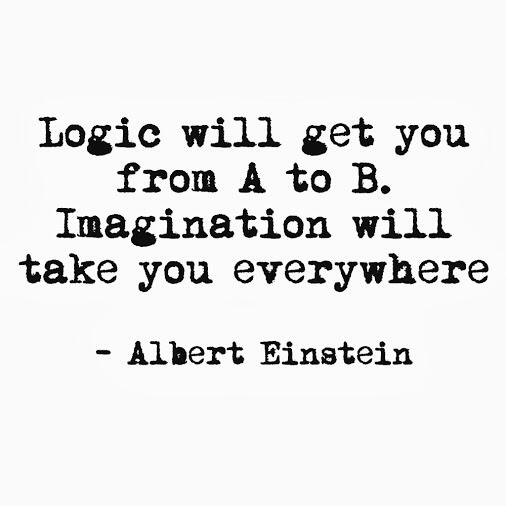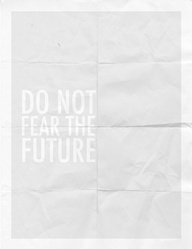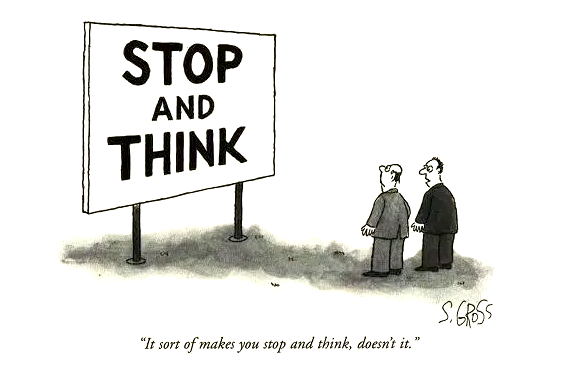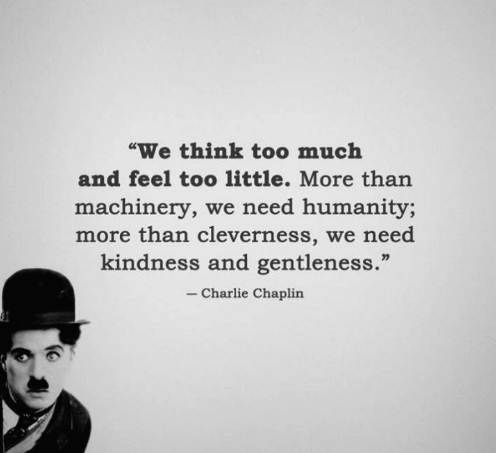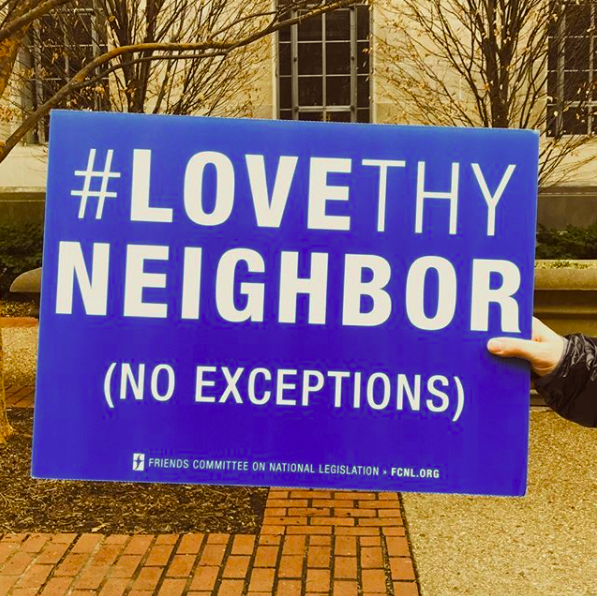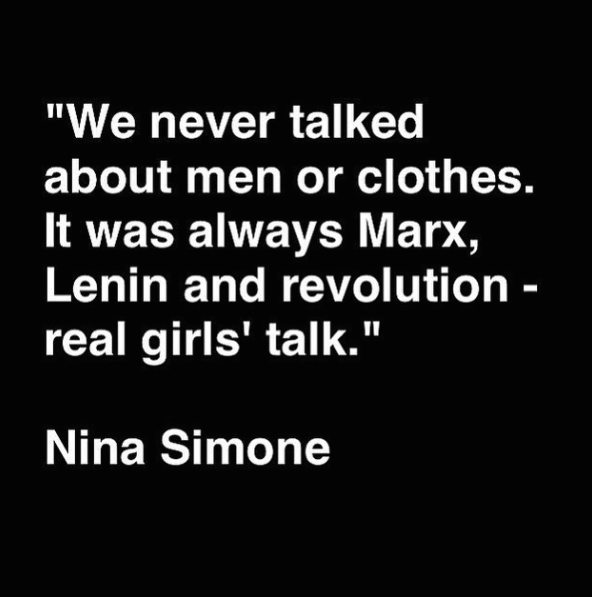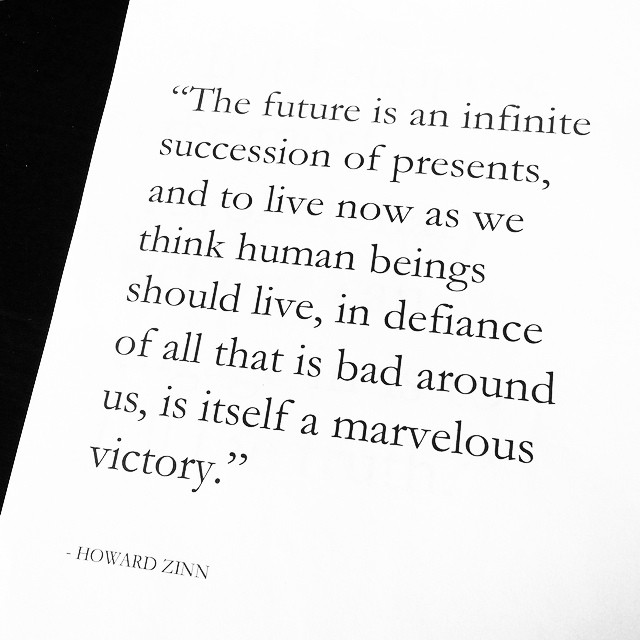As guest host for the evening, Hood came with questions—and dove right in:
- What does racial equity look like in practice?
- How do you measure & communicate the "lived experience" of urban residents?
- How does a socially-conscious practitioner push back while maintaining their place inside the system?
- How do you advocate for organizing in a space where government doesn't necessarily value community input?
- Given the challenges associated with "playing both sides" (inside/outside the system), what does self-care look like for you?
Wiley was generous with her time, sharing stories and lessons from her work—not just in New York, but in Louisiana and Arkansas, too.
Three key takeaways from the evening—
1. Listen to Residents—And Believe Them.
"Data is more than numbers," said Wiley. "There is not just quantitative data, but qualitative." When you hear the same concerns over and over again in a neighborhood or city, that is data—patterns of people expressing their lived experience. This means there is a "community-based" lived experience.
"Poverty is trauma," she continued. "People are angry for a reason. They have the right to be angry. If you're sitting in a civic leadership role, you have to de-personalize that anger if you're on the receiving end. You have to allow the expression of pain. You have to know 'this is not about me'—it's the system—and you have to get underneath the anger. Why is that? What is causing the pain?"
Wiley advised city officials to listen, acknowledge and be honest. "That is respect in communities—to be honest about your limitations." You can say: "I hear you, you have a legitimate concern. I can't do XYZ because XYZ limitations, but here's what I can do."
"Our communities have been disinvested, traumatized, ignored," said Wiley. "That experience is real."
2. Set Goals—And Track Them.
Working with Mayor Bill de Blasio, Wiley helped shift $1.6 billion of city spend to women and minority-owned businesses—a 62% increase.
She said they achieved that by setting goals, tracking goals, and holding people to them. Quarterly meetings with department heads helped create accountability.
"Models exist everywhere—but no city should be arrogant, no one has figured this all out," she said. "What mattered in New York City was there was a commitment to trying."
3. Find Your Allies—And Protect Them.
What do you do when city hall considers community organizing antagonistic? Wiley's advice to organizers: "Don't squander your human capital. Period."
Be strategic. Find your allies inside, and make sure they can't fail. "If you're not protecting your allies in government," said Wiley, "then you're undermining your own power."
In exchange, city officials must be honest and responsive to earn the trust of community members. If you're on the inside and fall short, accept responsibility. Keep the communication lines open—say "let's talk about it." Activists can still disrupt or call-out leadership for shortcomings, but have the conversation about why you need time and space to achieve your shared goals.
